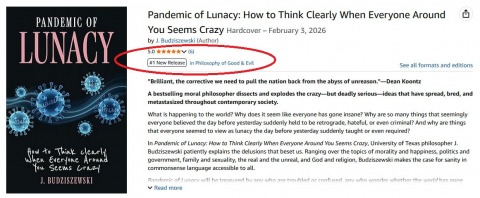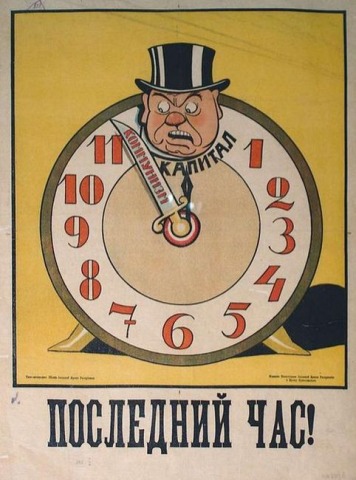
MORE new stuff! Last Monday I posted links to some new articles of mine and interviews about my new book Pandemic of Lunacy: How to Think Clearly When Everyone Around You Seems Crazy. I promised more items this week, and you’ll find them below.

MORE new stuff! Last Monday I posted links to some new articles of mine and interviews about my new book Pandemic of Lunacy: How to Think Clearly When Everyone Around You Seems Crazy. I promised more items this week, and you’ll find them below.


New stuff! Here are some new articles of mine, as well as one of the first interviews about my new book Pandemic of Lunacy: How to Think Clearly When Everyone Around You Seems Crazy. More next week!


Gentle readers,

Political branding has now reached alcohol. On the right, we have Tears of the Left, which is a bourbon, and on the left, we have Fascist Tears, which is a vodka. Distilling the tears of the other side seems to be a draw.

One grows so weary of socialism being touted as the meaning of the Gospel. We see this in the secular world, of course. But we also see it in liberal Protestantism, and in certain Catholic circles too. This is especially awful because it is, in the literal sense, a heresy. It isn’t compassionate, and it has nothing to do with the Gospel.

The determination of woke corporations to push their opinions in the faces of ordinary folks who don’t share them is just a part of a broader contempt for customers and clients who aren’t enough like the people in the executive suites. It’s a political thing, sure, but it’s even more a social class thing. They’re snobs.


My dear readers,
(Doesn’t that salutation make me sound like a Nigerian prince? But then I would have said dearest.)